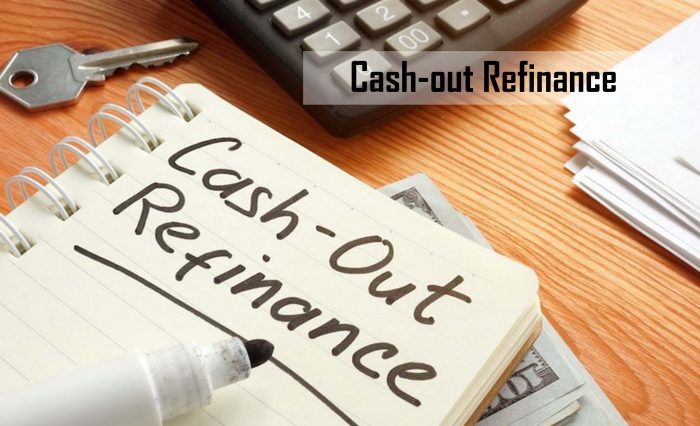A lot of people might not understand what this is all about. Well, that is why you are here to get the right information. Cash-out refinance is a mortgage refinancing option where an old mortgage is replaced by a new one but with a much larger amount than owed on the previously existing loan. This is mainly to help borrowers use their home mortgage to get enough cash.

Cash-out Refinance
By refinancing a mortgage you may be able to decrease your monthly mortgage payments. You can negotiate a lower interest rate and re-negotiate the periodic loan terms. VA cash-out refinances can be a great way to reduce one of your largest monthly expenses. Now, if you think this is a good option for you, the first thing you have to do is compare mortgage lenders.
Cash-out refinances can be one of the borrower’s best options. It gives the borrower all of the benefits they are looking for from standard refinancing. It also gives them a lower rate and other beneficial modifications. However, with the best cash-out refinance rates, borrowers can get cash paid out to them which can be used to pay down other high rate debt or maybe fund a large purchase.
How Does a Cash-out Refinance Work?
The process is very easy to carry out if you follow the instructions very well. The borrower first finds a lender willing to work with them. Then the lender assesses the previous loan terms, the balance required to pay off the previous loan, and the borrower’s credit profile. The lender then makes an offer based on the borrower’s profile and then the borrower gets a new loan that pays off their previous one and locks them into a new monthly installment plan for the future.
Is Cash-out Refinance Rate Higher?
Cash-out refinances are likely is have lower rates than most financial products but they are a little bit higher than traditional mortgage rates. The reason for this is because ash out refi rates are considered higher risks loans. So to tap your equity you have to take out a higher loan amount than what you owe currently. However, the more you borrow the more cash the lender has on the line if you default on your mortgage.
How are Cash-out Refinance Rates Determined?
First, you need to understand that rates vary by individual, so the rate of Mr. A will be different from the rate of Mr. B. however, the following factors can affect the rate you receive.
- Lender
- Location
- Credit score
- Loan to value ratio
- Debt-to-income ratio
Mortgage rates including that of cash-out refinance are influenced by market conditions, the economy, and monetary policy from the Federal Reserve.
Why Should I Consider Cash-out Refinance?
There are a lot of reasons why you should consider the rate and term refinance. Cash-out refinancing can provide several financial benefits, and it may present advantages when taking out a second mortgage or a personal loan. Well, here are some reasons why you should consider it.
- You get to free up money to invest, it can be a good decision so that you can free up money and save toward retirement.
- Get a lower interest rate, if you have quite a several equities in your home to cover your bill, you can save thousands in interest over time.
- Fund home improvements and renovations, and cash-out refinance allow you to use the equity you have earned to fund home improvements.
- Consolidate debt, you will be given any amount of money you need to pay down debts and also transfer what you owe to one convenient, lower interest payment.
However, the amount you can borrow with cash-out refinance is up to 80% of your home value, but this depends on the lender and loan type you choose.



